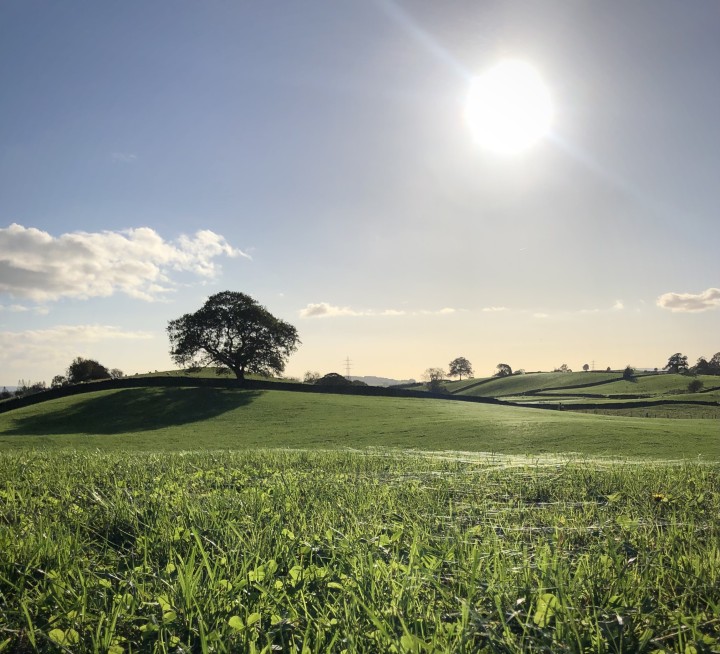The farming minister and a top civil servant visited nature-friendly farms in Cumbria for frank but constructive discussions about the agricultural transition and the need to support farmers.
NFFN farmers in Cumbria welcomed an important delegation from Westminster to discuss the importance of nature-friendly farming and providing suitable support for the agricultural transition.
Farming Minister Daniel Zeichner and Senior Defra Civil Servant Janet Hughes visited NFFN England Steering Group Chair James Robinson at his organic dairy farm at Strickley. They also went to see NFFN Farming Champion Sam Beaumont at his Ullswater mixed farming operation.
The visits come at a time of profound change for farming in England, as the Environment Land Management (ELM) schemes are replacing the previous systems of area-based payments and an emphasis on yields with a new approach centred on environmental outcomes and the concept of “public money for public goods”.
Mr Zeichner and Ms Hughes engaged in frank and constructive discussions. The NFFN took the opportunity to outline the pros and cons of the current setup and advocate for ambitious policies at a scale that recognise the interconnected nature of food security, production, and the restoration of nature and biodiversity.
During a farm walk, James showed his visitors how he has been farming with nature for more than 30 years, starting with hedgerow management incentives introduced in the early 1990s.
He showed the minister and Ms Hughes how his farming system has developed to use the government support available. He explained how he enrolled land in the mid and higher-tier levels of Countryside Stewardship (CS) and selected options from the Sustainable Farming Incentive (SFI), including herbal lays, hedgerow management, low-input grassland and legume growing.




